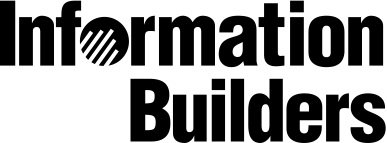We’ve come to expect new announcements about emerging technologies in our private lives — you know, the gadgets that companies convince us will make us live longer, feel better and be digitally connected at all times.
But if you look at public dialogue around emerging technologies, government is glaringly missing from those conversations.
“Oftentimes, if a government body isn’t publicly issuing guidance or a regulation, people assume that they are not thinking about it,” Justin Herman, Emerging Citizen Technology Lead at the General Services Administration, said during the 2018 State of the Net Conference in Washington, D.C. “Nothing can be farther from the truth.”
The focus for many agencies is gaining a better understanding of how emerging technologies can benefit them, how they fit into their current ecosystem of IT investments and what risks they may pose, particularly from security and privacy standpoints.
For the purpose of this guide, we define emerging technologies as those that hold great promise to change the status quo in government. The term includes new and older technologies that are transforming the way agencies operate and serve citizens.
We developed this resource guide to provide pertinent details about key emerging technologies, including blockchain, artificial intelligence (AI), the Internet of Things (IoT), social and collaborative tools, and biometrics. You will learn:
- How these technologies are defined and what they entail.
- Key stats.
- Short, practical use cases for government.
- How the technologies could affect the way government employees work.
- Additional resources to tap to learn more and connect with others who use the technologies.









